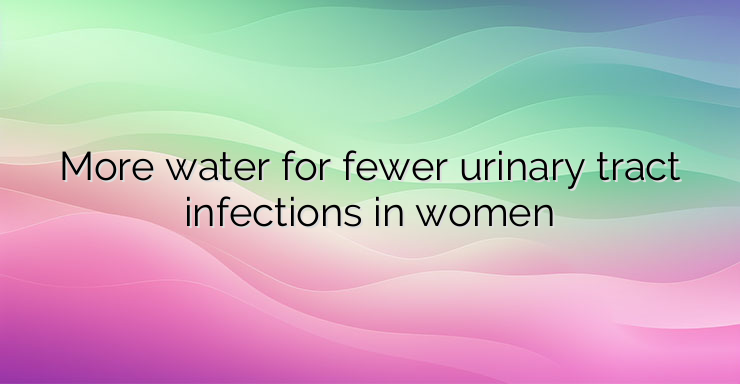Cystitis, urethritis, pyelonephritis and other types of acute and chronic uroinfections cause concern for millions of women and often require antibiotics to overcome. However, there is also a completely natural remedy with which to increase the effect of the treatment and to successfully prevent the occurrence of a urinary infection. Uroinfections develop after infection of the mucous membrane of the urinary tract. The infection is most often caused by bacteria of the type Escherichia coli, which quickly colonize the mucosa after entering the urinary tract. The anatomically shorter urethra in women and the easier entry of E.coli – bacteria through it explains why women more often suffer from uroinfections. After entering the urinary tract, the bacteria migrate along its mucous membrane and localize in different parts of it, provoking inflammation. This is how urethritis develops (in case of inflammation of the mucous membrane of the urethra); cystitis (inflammation of the bladder) or pyelonephritis (in infection of the kidneys). More than 60% of women develop an acute uroinfection at least once in their life, and in every fourth of them the problem becomes chronic. Chronic uroinfections develop in cases where the bacteria are not completely cleared after treatment of the acute phase of the infection. Thus, the bacteria remaining on the mucous membrane soon increase in number and reach a quantity sufficient for the development of a new infection. Helping to clear the bacteria from the urinary tract is a major means of complementing the treatment and more successful prevention of uroinfections. NEWS_MORE_BOX As a primary measure in this regard, increased water intake is recommended. Regular hydration is a universal tool for quick and final control of urinary infections in any of their forms. Water acts as a natural and completely safe means for complementary treatment of uroinfections and for reducing the risk of their chronicity. Bacteria of the type Escherichia coli cling to the mucosa of the urinary tract by the principle of adhesion. Most medicinal products for the treatment of uroinfections act to reduce the adhesive abilities of the bacteria, whereby they fail to colonize the urinary mucosa. Only with increased water intake, however, can they be completely washed away from the walls of the bladder and urethra and excreted in the urine. This not only accelerates the treatment of urinary infections, but also achieves a more successful prevention of the risk of their development, because most E.coli bacteria that have entered the urinary tract are promptly expelled from the body.


Leave a Reply